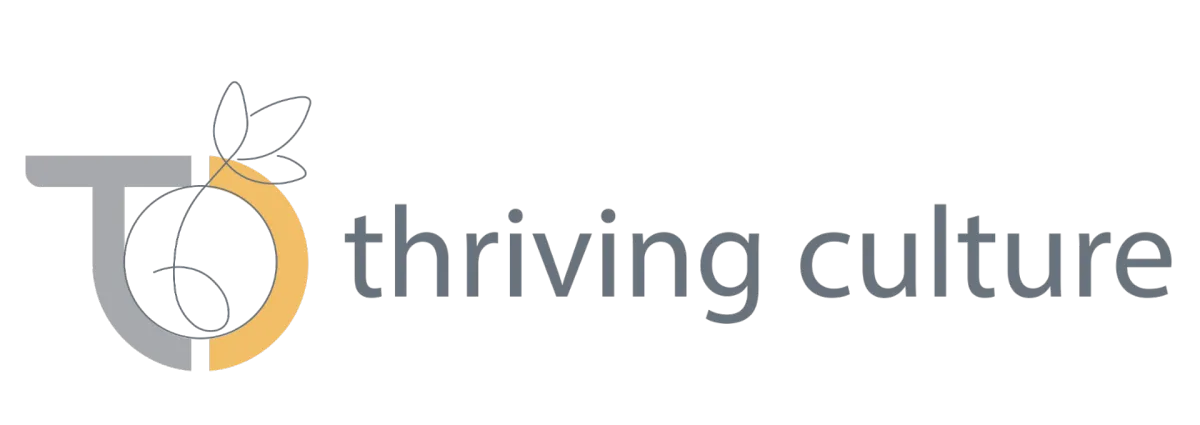ANZ. UNSW. The High Court. What They’re Teaching Us About Change
How do we still suck at change so much?
Just in the past fortnight:
The High Court ruled on what counts as a genuine redundancy, forcing organisations to rethink how they approach restructures
ANZ accidentally emailed redundancy notices to staff before they’d been spoken to
UNSW had to reverse some of their redundancy plans after backlash and union pressure
These aren’t just headlines. They’re real stories about how organisations are still getting change wrong.
Even my 8-year-old son doesn't cope with change. I’m about to head off on a big 8 weeks of travel, in 11 locations. Knowing what was ahead, I decided to help him (who doesn't love it when I travel) ease into the idea. Last time we went to Europe for seven weeks, he got really homesick. One of the ways he coped was by jumping on Google Earth to look at our house and see the street view. So last week, we pulled out the family calendar and mapped out every stop with Google Earth.

A shell given to me by my son from North Stradbroke Island before I headed to Singapore last year for work
But what struck me was how helpful it was for him to see the plan. To visualise what was coming. As he waved me off on Tuesday morning, I found myself reflecting on just how uncomfortable change can be—even when we know it’s coming.
And maybe that’s the point.
We all settle into the status quo quickly. I’d been home for a few weeks without travel. Even those few weeks of calm can reset our sense of “normal.” But in workplaces, we often expect people to shift gears overnight—with little notice, little clarity, and not a lot of empathy.
And it shows.
Every engagement survey seems to say the same four things:
Change is managed poorly
We don’t have the systems or tools to do our jobs properly
We’re not paid enough
We don’t have career and development opportunities
Change management always lands at the top—and it’s not getting better.
And if you’re a leader, you’ve probably felt this first-hand—trying to lead your team through unclear updates, field questions you don’t have answers to, or deliver a message that wasn’t yours to begin with.
Most leaders aren’t equipped to lead through change.
They haven’t had the time to process it themselves. They don’t know how to talk about it with their teams. And they’re stuck between managing up, managing down, and managing their own emotional response.
If you want to do change well, you need to:
Equip your leaders with real communication skills
Give them the space to ask questions before they’re expected to deliver answers
Slow down the rollout when possible—just enough to allow clarity
And stop assuming that change is just a task. It’s a transition
Just like my son needed to see where I was going, your team needs the same visibility. They don’t need perfect answers, but they do need honesty, context, and consistency.
P.S. If your organisation is fatigued by change and navigating uncertainty, here are some ways we can work together:
Leading Through Ambiguity or Managing Change workshop or training series for your leaders or team.
Keynote on Leading Through Ambiguity and Managing Constant Change.
Join our Thriving Leaders Program, two places left for our next cohort kicking off in October.
Read Thriving Leaders: Learn the Skills to Lead Confidently, you can purchase it here.
If you’d like to chat, please book some time in my calendar.
